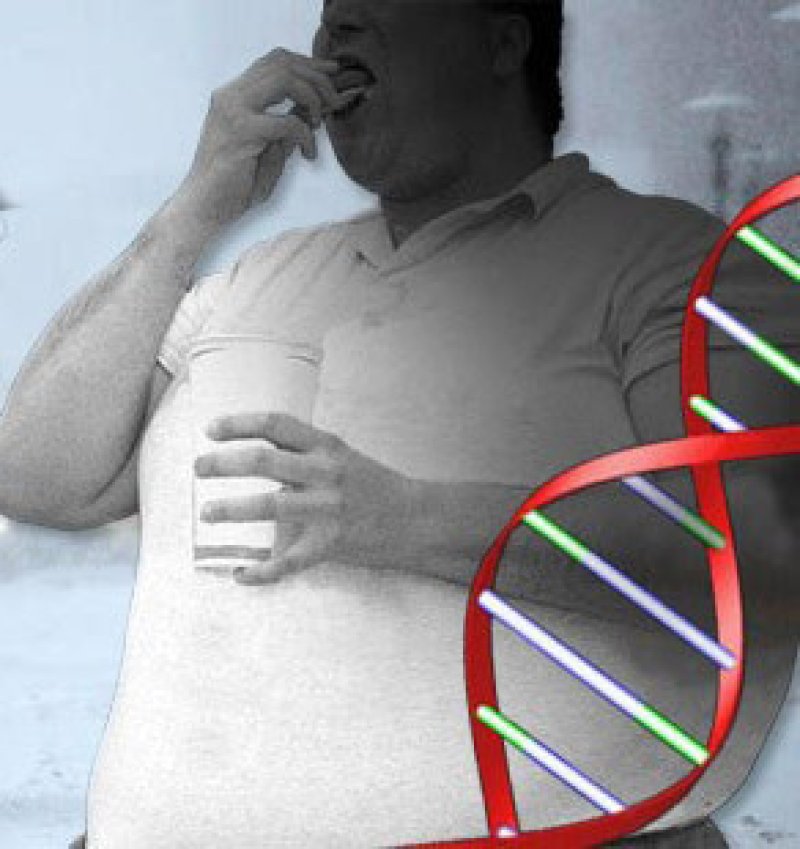Researchers have discovered a genetic variant that arose thousands of years ago in people living in the Arctic. It helped them then, but it could be hurting people now.
The genetic variant provided an evolutionary advantage for processing high-fat diets, which was important for surviving in a cold environment, but it also seems to increase the risk of hypoglycemia – – low blood sugar – and infant mortality in today’s northern populations.
The conclusions came from analysis of the genomes of 25 individuals from Northern Siberia whose sequences were compared with those from 25 people from Europe and 11 from East Asia. The team identified a variant that was unique to Northern Siberians and was located within CPT1A, a gene that encodes an enzyme involved in the digestion of long fatty acids, which are prevalent in meat-based diets.
With agriculture being unsustainable in Arctic regions as a result of the extremely cold environment, coastal populations there have historically fed mostly on marine mammals.
When the investigators looked at the global distribution of the CPT1A variant, they found that it was present in 68% of individuals in the Northern Siberian population yet absent in other publicly available genomes. The variant has previously been linked to high infant mortality and hypoglycemia in Canadian Inuits, and its high frequency in these populations has been described as a paradox.
The work provides an example of how an initially beneficial genetic change could be detrimental to future generations.
“Our work describes a case where the same variant has likely been selectively advantageous in the past [but] disadvantageous under current environmental conditions,” says Dr. Toomas Kivisild, of the University of Cambridge, senior author of the paper in American Journal of Human Genetics.
“The study’s results illustrate the medical importance of having an evolutionary understanding of our past and suggest that evolutionary impacts on health might be more prevalent than currently appreciated,” says lead author Dr. Florian Clemente, also of the University of Cambridge.
“Our work describes a case where the same variant has likely been selectively advantageous in the past [but] disadvantageous under current environmental conditions,” says senior author Dr. Toomas Kivisild, of the University of Cambridge.































